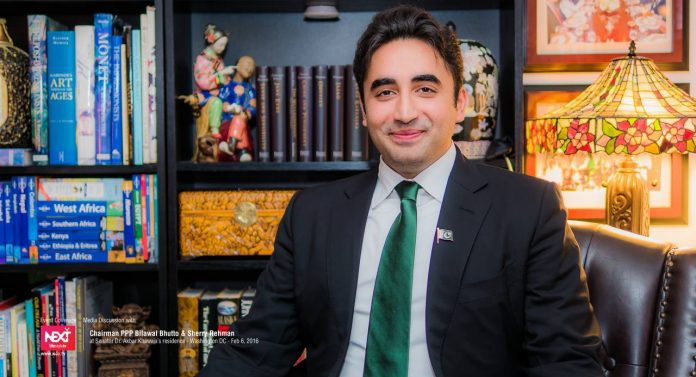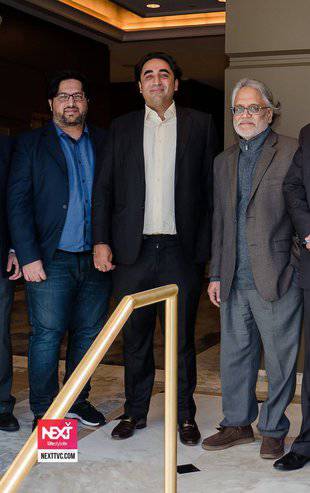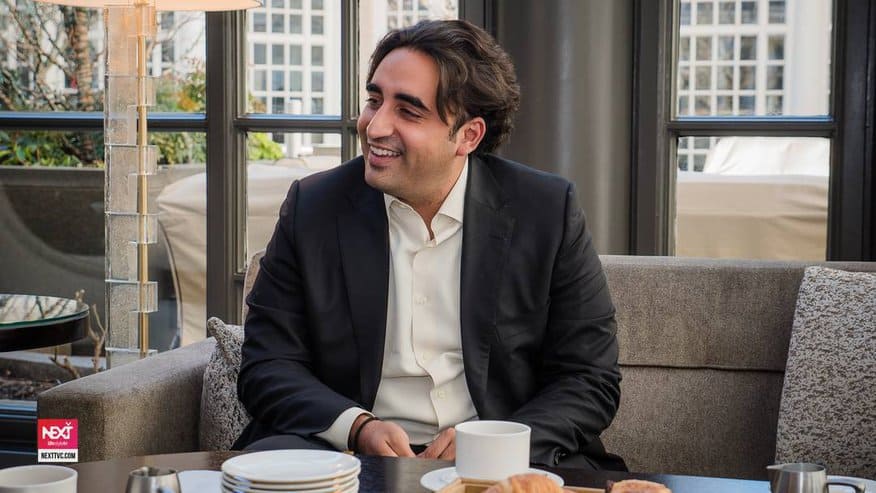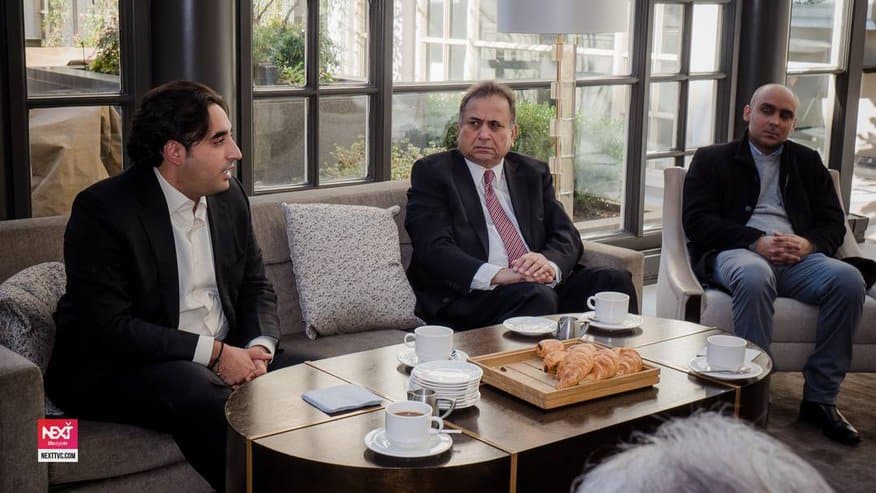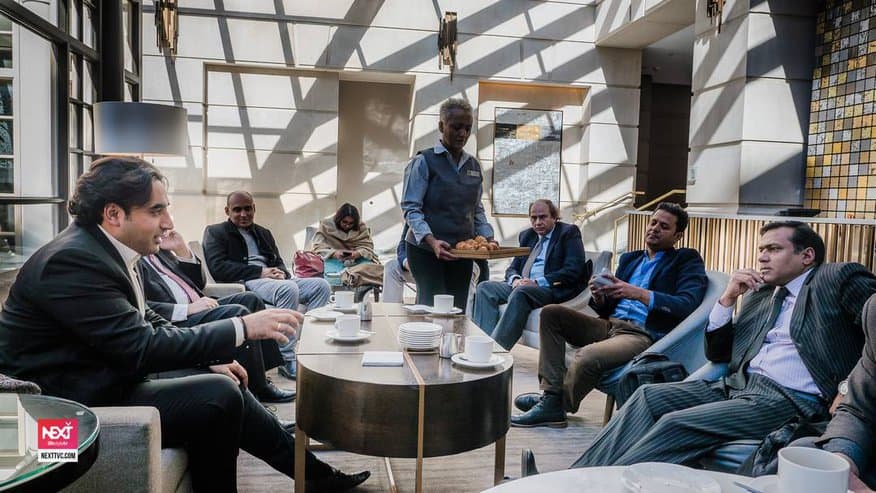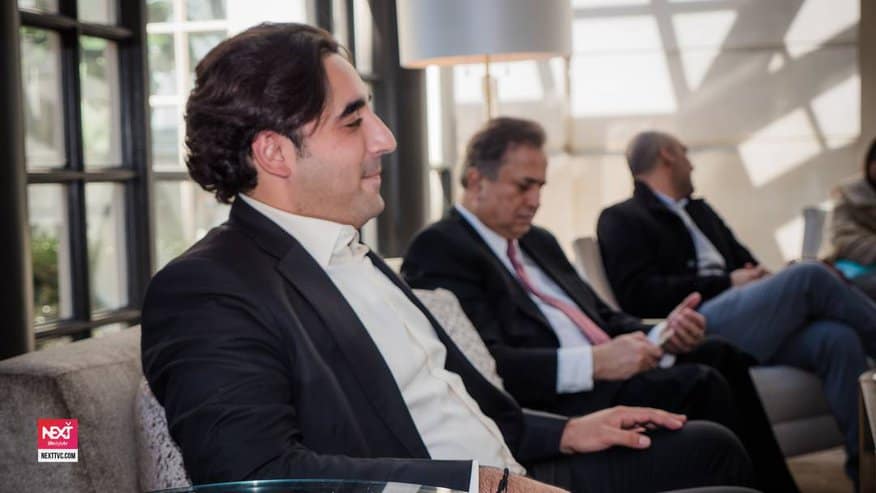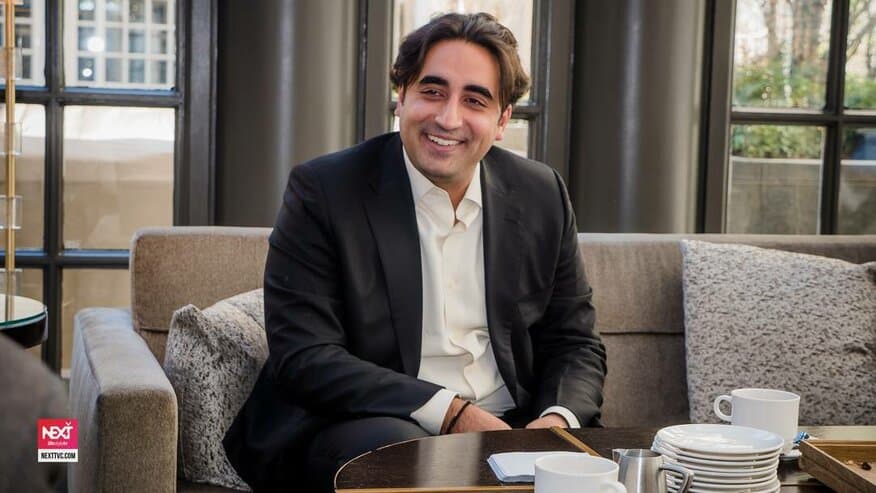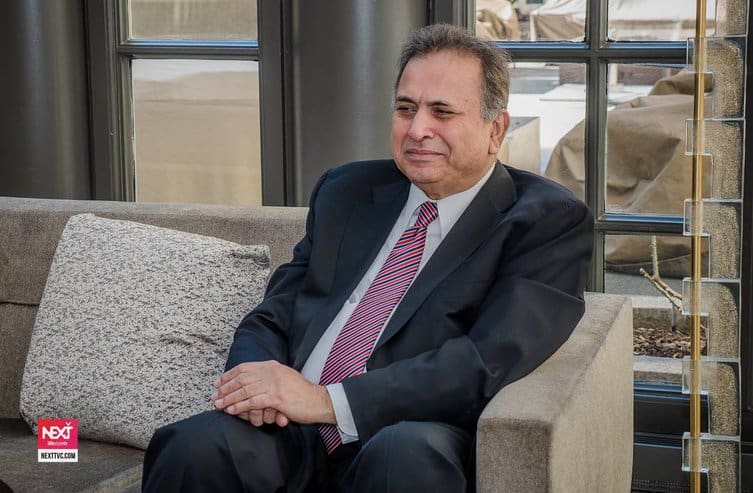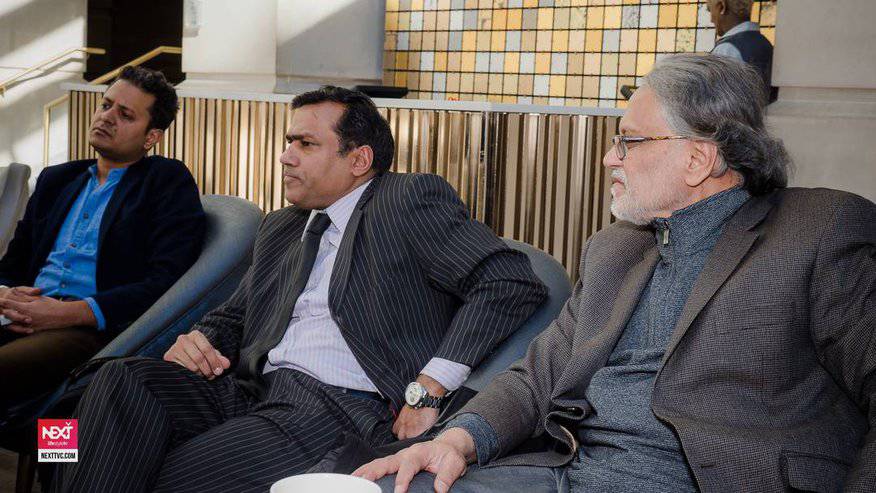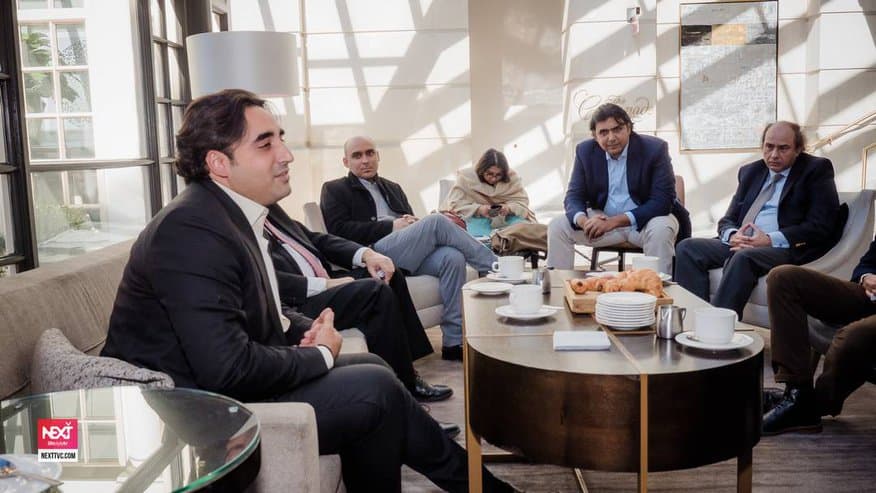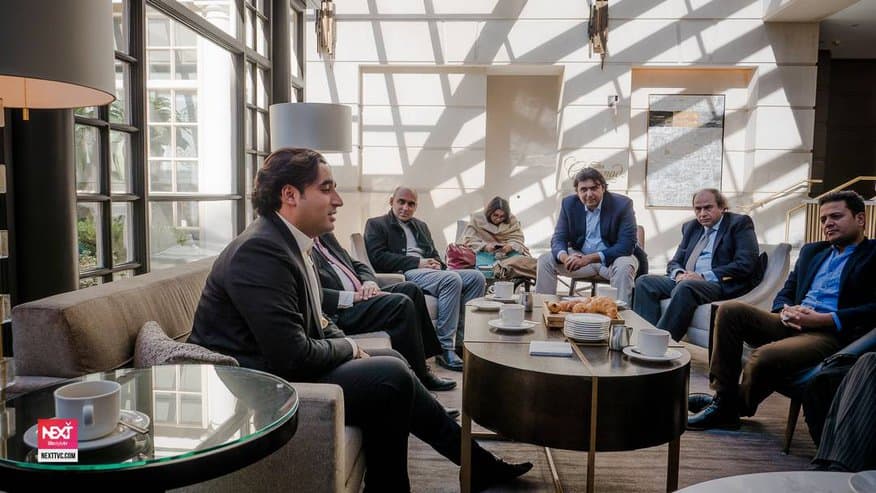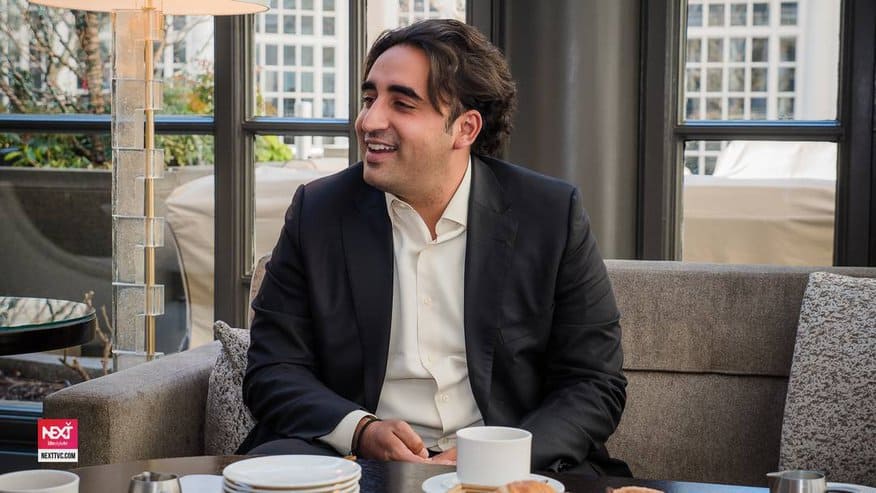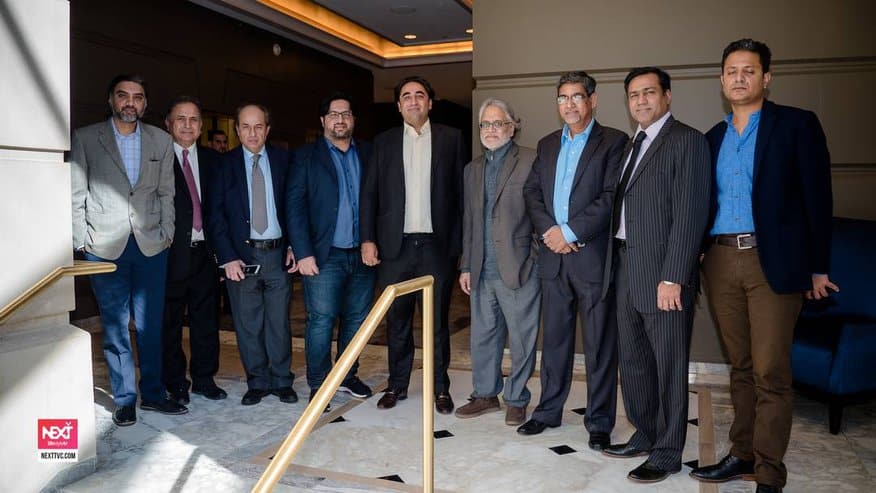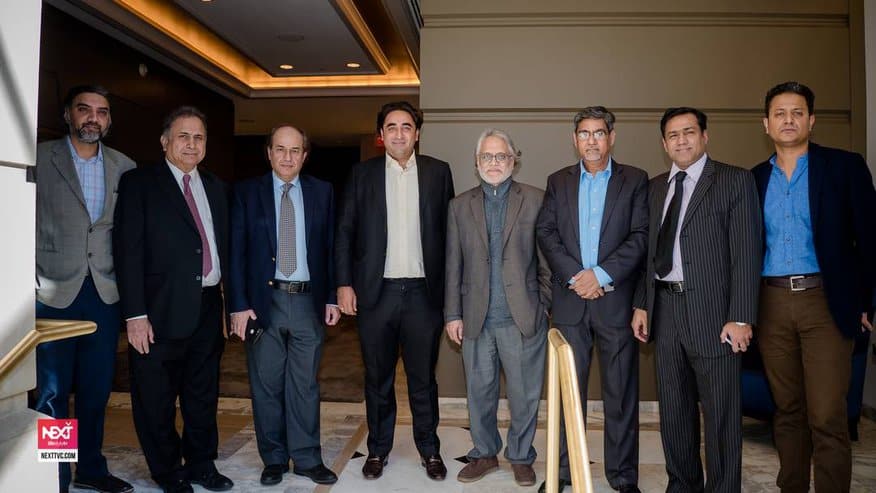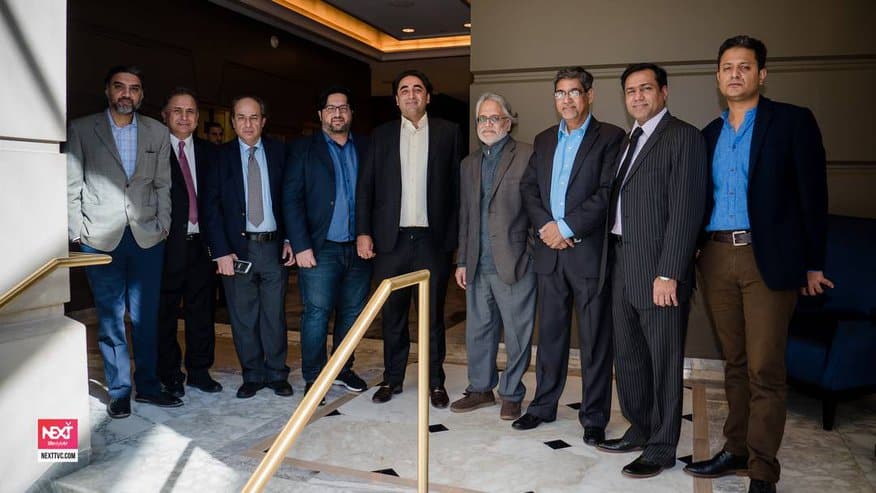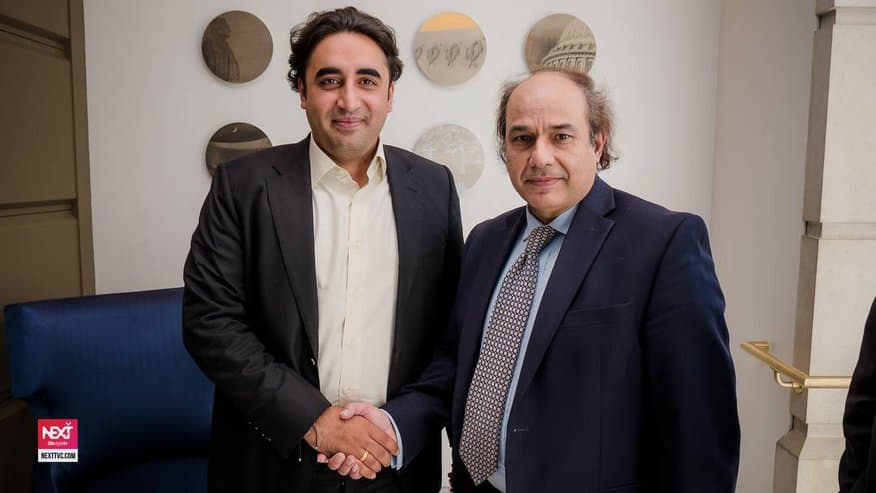Bilawal Bhutto addresses at United States Institute of Peace, Washington DC
I wish to thank the United States Institute of Peace for the opportunity it has provided me to speak once again with the policy community in Washington. The Institute has kindly invited me in the past also, and it’s always an enriching experience.
My country Pakistan has been in the global news for a variety of reasons. A country of more than 220 million people, armed with nuclear weapons, hosting the world’s largest refugee population for nearly four decades and located in a region that has been in ferment for long. It is a country that has been struggling with democracy. Dictatorships have struck off and on and destabilized the country. It is a country the tribal regions of which have been known to the world as ‘petri dish of international terrorism’. The Tora Bora caves that sheltered the world’s most dreaded terrorists for years are a few kilometers away from our orders.
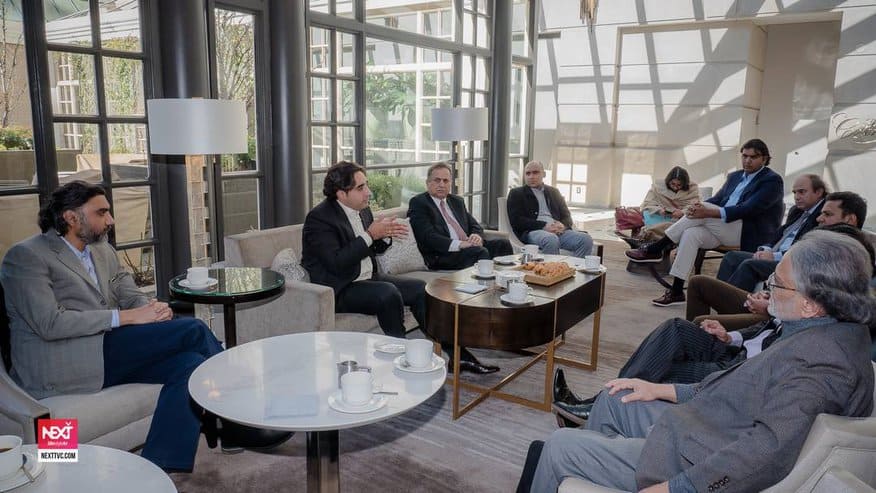
For many years now, Pakistan’s peace has depended also on the security situation in Afghanistan. The decision by President Trump to unilaterally withdraw from Afghanistan has created a new wave of uncertainty in the region, which poses yet another challenge to Pakistan. Just last week the NYT wrote a highly insightful and powerful editorial on the end of the war in Afghanistan. I am sure many of you would have read it and realize its implications for our region. NYT editorial calls it “negotiated capitulation by the international forces”. It is not difficult to visualize the consequences of capitulation.
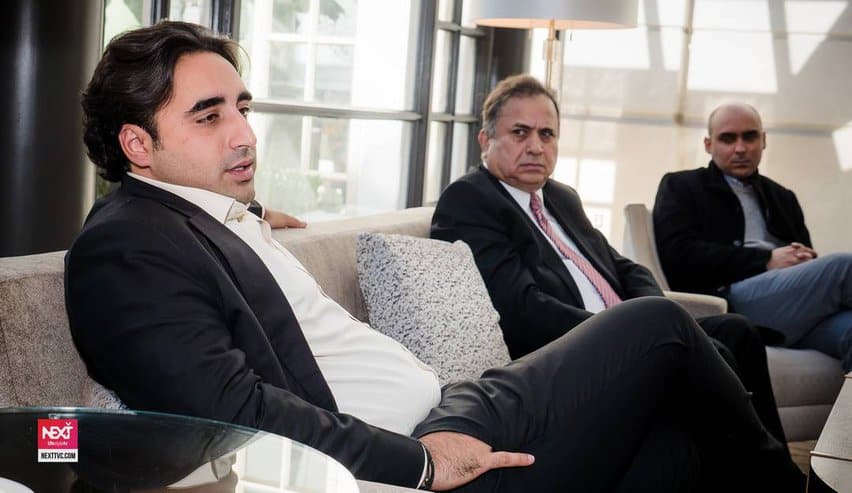
Pakistan is a nation that has, for decades, struggled for peace and stability. Our people have lost much and gained little. They have sacrificed much and demanded little. The ethos of our people is democratic. They abhor dictatorship. That is one major reason that while dictatorship has repeatedly struck, it has not gained roots in the country. And that’s something to be thankful for. During the last decade, Pakistan has had three general elections in 2008, 2013 and in 2018.
In the run-up to the 2008 elections that brought PPP into power, my mother Shaheed Mohtarma Benazir Bhutto, the Muslim World’s first female Prime Minister and the twice-elected Prime Minister of Pakistan embraced martyrdom at the hands of militants and extremists, while struggling for the restoration of democracy in her country.
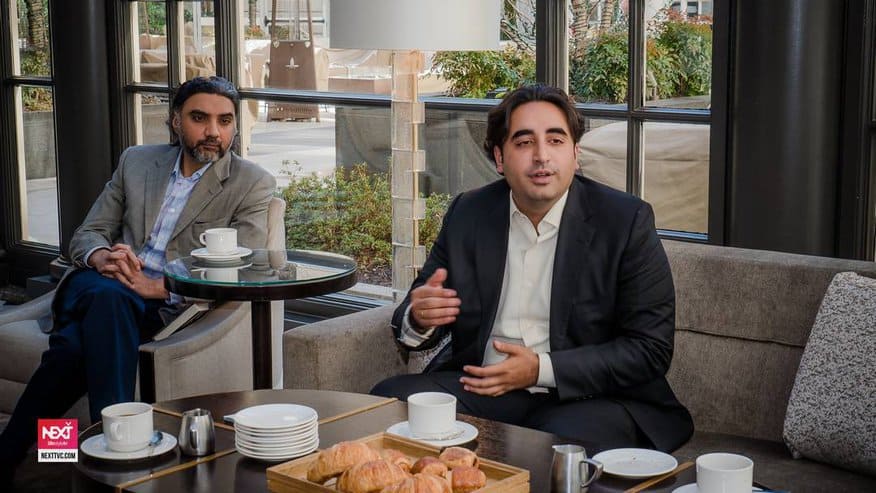
The 2008 PPP government was the first democratically elected government in the history of to complete its constitutionally mandated five year period. We have recently had the third peaceful transition of power. And they say 3 is the magic number, after which shaking the foundations of a fledgling democracy, becomes all the more difficult. This is something we are counting on. Because it’s taken a lot for us to get here. In a country like Pakistan beset with militancy, a history of dictatorship and a restive region, the holding of three democratic elections in a row, peaceful transfer of power from one elected government to another and again to, should not be dismissed as insignificant. These are significant achievements indeed.

I am reminded of Winston Churchill who said: “democracy is the worst form of Government except for all those other forms that have been tried from time to time.” And indeed, it is with this thought in mind that we choose to fight the system from within the system. We choose to compromise personal interest for national interest. We choose to rise above. And this is why, despite the knowledge that the previous elections were severely compromised and electoral manipulation was at its peak, we still chose to accept the outcome with serious reservations. Not only but, we also convinced the rest of the opposition parties to sit in Parliament. Because we chose to focus on institution building.
However, there are still serious challenges to our democracy. Democracy is not merely holding of periodic elections and transferring power from one party to another. More than periodic elections democracy means equality before the law, human dignity, justice, life, liberty, freedom of expression and the pursuit of happiness, and peace. Measured with this yardstick, we have several issues facing us today. When basic principles of a democracy are undermined or threatened, people begin to lose faith in democracy itself. That is the challenge of Pakistani democracy today.
Today in Pakistan, we are experiencing the curtailing of freedoms – freedom of expression, liberty and justice are increasingly being compromised. We are witnessing censorship the likes of which we never have before. State sponsored stifling of dissent and curbing freedoms of speech, movement, and association. These are actions, the repercussions of which we will be bearing for generations. We are already witnessing indigenous organic movements springing up across the Country, where citizens, tired of being persecuted, have begun to push back. And this is what we need. We need to keep speaking up. Keep fighting back. Keep challenging the forces that seek to silence us.

We have to contain and banish religious extremism and fanaticism, and curb divisive rhetoric. We must ensure implementation of the National Action Plan that was devised with the consensus of all political parties and stake holders in fighting militancy. The NAP unfortunately has remained only on paper thus far, and the state has concentrated only on its kinetic part.
The erstwhile tribal regions along Pakistan’s borders that have traditionally remained no man’s land have been finally merged with the adjoining province of Khyber Pakhtunkhwa. The merger has posed enormous challenges. My Party has prepared a blue print on how to address the challenges of the merger.
Pakistan’s largest province Baluchistan needs political reconciliation. Addressing the concerns of nationalists and enforced disappearances is also on our political agenda.
One area that is not much talked about but which nonetheless is a reality, is the civil-military relations in Pakistan. My Party is conscious that this issue has to be addressed for long-term democratic and political stability. I have proposed that all political parties sit together and work out a consensus charter of democracy, to cement democracy and enable it to deliver.
The Pakistan Peoples Party is committed to defend and enhance human rights and fundamental freedoms. It is for this reason that last week when the National Assembly of Pakistan finally formed Parliamentary Committees, that I decided to be a candidate for the chairmanship of the Human Rights Committee of the National Assembly. My Party and I are committed to defend and expand the frontiers of human rights that have come under increasing threat. To stand up for the disenfranchised. To fight for fundamental freedoms.
Pakistan is a nation of young people. With over 60% of our population comprising of youth, our untapped potential is immense. Millions of young people enter the job market every year and our economy with its projected 3% growth rate till 2022, isn’t equipped to handle the level of unemployment.
The current economic crisis facing Pakistan is dire, with a shrinking tax base, high inflation, increasing trade deficit, rupee devaluation and unprecedented circular debt in the energy sector. Today, prices of utilities and staples are becoming too high or the average Pakistani. Our aim must be to have an economy that works for the many and not just for the few. Pakistan’s policy makers must realize that advantage must be taken of our geo strategic position and borders opened for trade, with every country bordering Pakistan. We have the potential to be the future trade hub of the world. We need to come out of the security state mentality, to unleash our full potential.
The many challenges we face, may appear insurmountable. But as my mother used to say, “We’ve come too far, we’ve sacrificed too much, to fail now” – And as was often, if not always the case, she was right!
And so we continue to fight and we continue to struggle. We struggle for peace and for stability. We fight for the marginalized and the disenfranchised. We struggle for rule of law and civil liberties. We fight for equal rights and opportunities. And we keep at it until the seemingly insurmountable challenges are conquered. We keep at it until the day we succeed.
